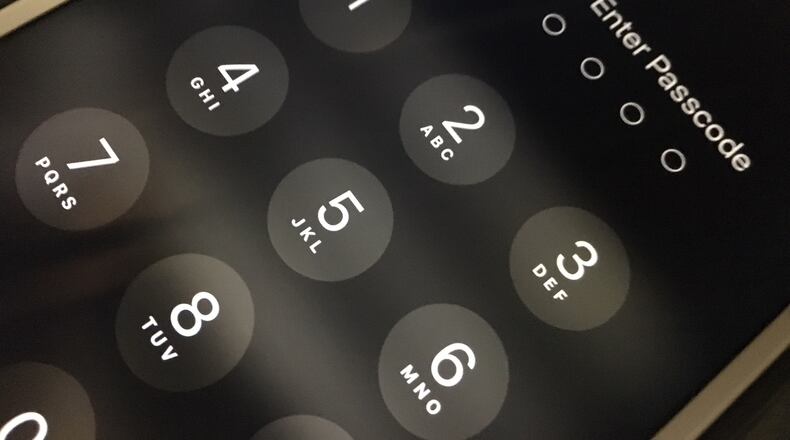After sharing a video of her 5-year-old granddaughter singing and dancing, the girl became a viral sensation.
Though most reactions were positive, a gift sent to the girls’ grandparents home made them realize just how vulnerable they were.
News Center 7 I-Team's Adam Marshall sat down with the family and talked about the darker repercussions of sudden viral fame. Tune in at 5:30 p.m. on Tuesday, Nov. 19, for more information.
Protecting your information online can help reducing the risk of identity theft and other cyber crimes.
The Federal Trade Commission suggests the following tips to keep your personal information private:
- Be alert to impersonators and fake accounts.
- Don't give out personal information online, through the mail or online unless you've initiated contact or personally know the contact.
- Wipe personal devices, like cell phones and computers, clean of personal information before trading them in, selling or disposing of the devices.
- Use encryption software while online that will scramble your information.
- Use strong passwords on your devices and any online accounts. Try to be creative and use a mixture of numbers and letters. Do not share your passwords.
- Don't overshare on social media. Online thieves can use that information to challenge security questions and get access to your accounts and personal information.
- Don't post your full name, Social Security number, address or phone number on publicly accessible websites.
- Be careful about using public wireless networks while sending personal information over the internet. Use a secure wireless network instead, which will help keep your information safe.
- Read privacy policies. While often long, the policies reveal how the website or app maintains accuracy, access, security and control of the personal information collected.
- Don't open emails, click on links or download items sent by strangers.
About the Author
